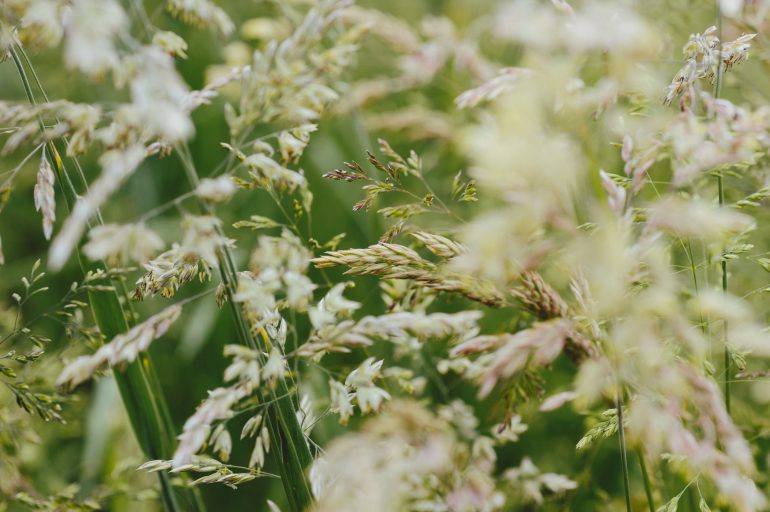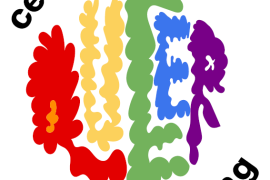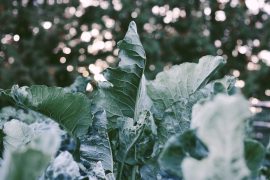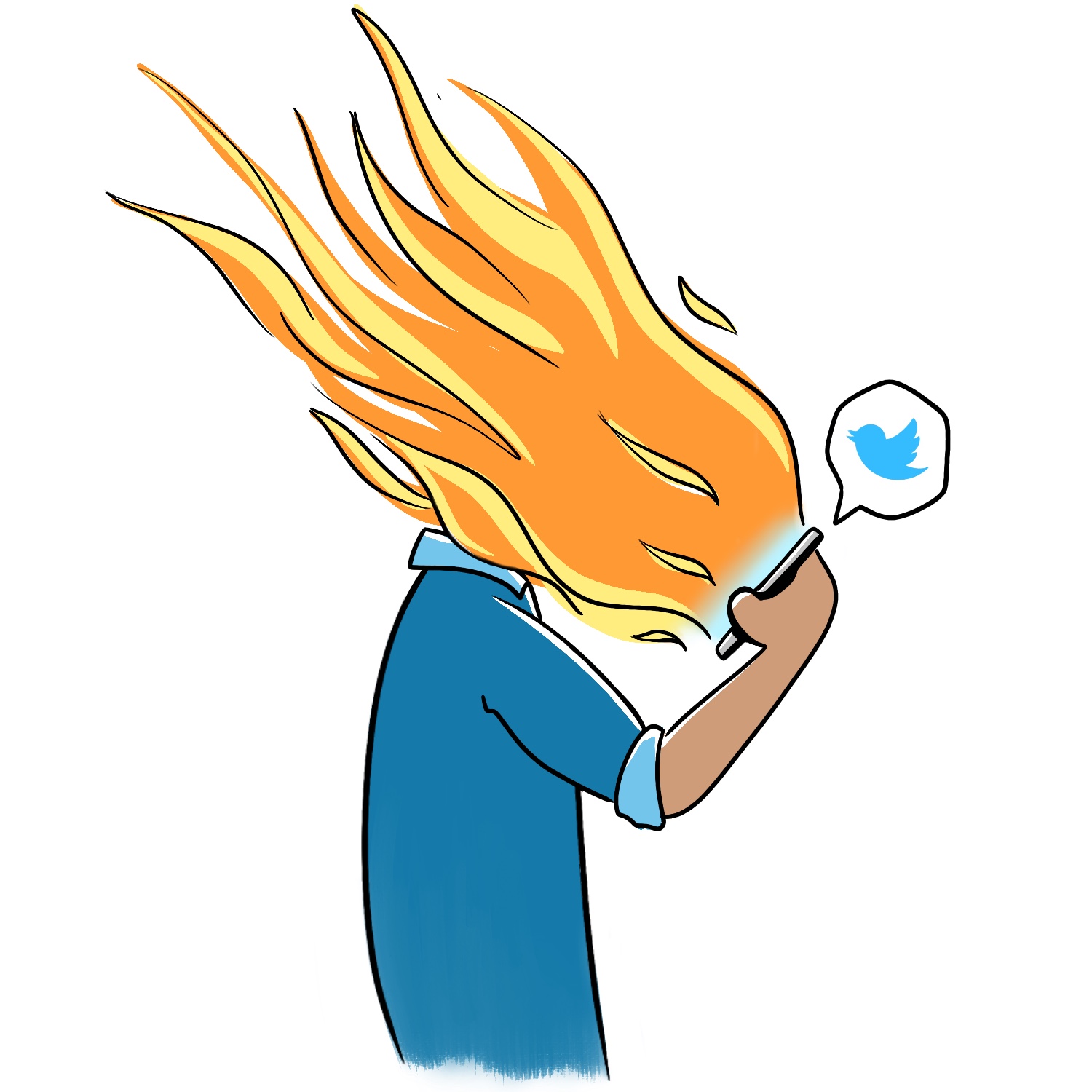“We are showered every day with gifts, but they are not meant for us to keep. Their life is in their movement, the inhale and the exhale of our shared breath. Our work and our joy is to pass along the gift and to trust that what we put out into the universe will always come back.” – Braiding Sweetgrass: Indigenous Wisdom, Scientific Knowledge and the Teaching of Plants by Robin Wall Kimmerer
In Braiding Sweetgrass: Indigenous Wisdom, Scientific Knowledge and the Teaching of Plants, Robin Wall Kimmerer writes about how the life-forms of the natural world can be viewed as gift-givers. With this perspective, you aren’t just taking an apple when you pick it from a tree; the tree is giving it to you. Once you begin to see the world in this way, it opens your eyes to all the ways in which the “more-than-human life” (as Kimmerer calls it) has been giving to us, while we have been giving nothing back. Think whole forests cleared for land development; biodiverse ecosystems destroyed in wake of monocultures; and oil harvested from deep under the Earth’s surface to be burned. Our current rate of consumption is not sustainable.
The current economy in the United States is a system based on the perception of scarcity. Every day, we are faced with a constant barrage of advertisements telling us that we don’t have enough. That we need to buy more. More electronics! A new gadget! Another car! A new pair of shoes! Kimmerer calls this a Windigo economy (in reference to an evil mythical figure present in many indigenous traditions and characterized by greed, cannibalism, and overconsumption); one where “grain may rot in the warehouse while hungry people starve because they cannot pay for it.” What will it take to reframe our relationship with nature, to recognize and respect the abundance around us? How can we learn to give back, not only to each other, but to the Earth?
Kimmerer presented a different system, one that acknowledges abundance: a gift economy. In a gift economy, goods and services are exchanged without the expectation of any form of payment. Kimmerer points out that many indigenous communities use systems of gift-giving (a notable example is the potlatch, a feast commonly held in indigenous communities along the Pacific Northwest coast, where gifts are given away as a sign of status or wealth). Not only does a gift economy help circulate goods that might not have been used in a market economy (making the system much more sustainable), it also strengthens relationships between individuals and groups within a community.
The PSU community has begun implementing ways to use a gift economy system in exchanging goods and services. The first is the PSU Reuse Room. Located in Room 180 of Cramer Hall, the room is like a walk-in closet, with the door left open so that people can enter whenever they choose. Shelves that line the walls are filled with items such as books, dishes, binders, and partially used school supplies. A clothing rack often has fun, one-of-a-kind items, like the powder-blue jacket dotted with white flowers shown on the PSU Reuses (@psu.reuses) Instagram page. Anyone can go in to take what they need, or to drop off items that they don’t want anymore. I’d urge you – yes, you! – to check it out (and maybe bring along that coffee mug that you never drink out of).
But PSU Reuse doesn’t stop there – they also regularly host pop-up swaps. Functioning like Portland’s Farmers Market (except for the fact that everything is free), these material exchanges invite various communities to come together when giving away their items. Past themes have included clothing swaps, office supplies swaps, and plant swaps. By gearing these pop-up swaps to different communities on campus, they become a sort of social gathering. Students, faculty, and staff get to come together and connect over their shared interests in the items layered out on the tables. People rummage through the piles, swap stories along with gifts, and leave with full hands and even fuller hearts. The gifts find a home, and the people find each other.
These mini-gift-economies encourage the PSU community to choose used items instead of buying new, and to give things away instead of throwing them in the garbage. They show us that there is a way to consume less, that there is a way to break out of this unsustainable cycle. They show us that we are not living lives of scarcity, but rather abundance. We have all the things we need, given to us by the Earth. Why not continue the cycle? Why not give them to each other?





